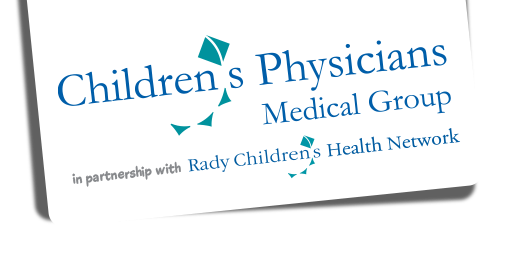What is ADHD?
According to the American Academy of Pediatrics (AAP) ADHD is one of the most commonly diagnosed childhood conditions. It affects between 4-12% of school-aged children. Statistically, boys are three times more likely to be diagnosed with ADHD than girls. There are three different subtypes of ADHD; Inattention, Hyperactivity and Impulsivity. A child can be diagnosed with one or any combination of the three different subtypes.
How does a child get ADHD?
ADHD is a neurologically-based condition. While the exact cause of ADHD is not known, it is thought to be mainly a genetic condition. Current research also indicates that the frontal lobe and other areas of the brain can play a significant role in ADHD because these areas of the brain are involved in higher, more complex processes that regulate behavior.
Signs and Symptoms of ADHD:
Signs and symptoms may vary from child to child. Common symptoms include, but are not limited to:
- Often very hard time paying attention, daydreaming
- Often does not seem to listen
- Is disorganized
- Cannot stay seated, in constant motion, squirms and fidgets
- Talks too much
- Frequently acts and speaks without thinking, interrupts others
- Cannot wait for others, does not take turns
- Often calls out the answer before the question is complete
It is normal for children to exhibit some of these symptoms from time to time. The AAP recommends that you talk to your child’s pediatrician if your child is exhibiting these symptoms on a regular basis for at least six months. For a full list of signs and symptoms please go to the AAP website.
What are the treatment options for ADHD?
The treatment options may vary from child to child and it is good to remember that there is not one typical case. The treatment plan may consist of a behavior therapist and/or medication. Both of these treatments have been proven to work, along with strong support from the child’s family and school. If you have questions about your child’s treatment plan it is recommended that you speak with your pediatrician.
ADHD Resources:
http://www.healthychildren.org/English/health-issues/conditions/adhd/pages/Understanding-ADHD.aspx
www.myadhd.com/causesofadhd.html
http://www.healthychildren.org/English/health-issues/conditions/adhd/Pages/ADHD-Basics.aspx
